We are proud to announce our three winners of this second edition of 2021:
Pitalunani HESSI, winner of the first prize
Gratias KIBANJA, winner of the second prize
Amélie AKINSHOLA, winner of the third prize
The Francophone Prize for Gender Equality will highlight the commitment and extraordinary journeys of women activists who have advanced the rights of women, young women and girls and gender equality in the various Francophone countries of the Global South. Through this award, XOESE would like to recognize the tremendous efforts of these heroines, often in the shadows, and increase the visibility of their exceptional achievements.
Discover why these impressive women deserve to be recognized!

The winner of the first prize, Ms. Pitalunani HESSI, is the Director of the association Femme Plus Togo since 2013. The association aims to accompany and advocate for access to rights for women and girls in Togo, especially those living with HIV/AIDS, and LGBTI+ women.
Under his leadership, the association Femme Plus Togo has carried out several significant projects. For example, the association has successfully advocated for lighter sentences for women living with HIV/AIDS who are in poor health. As a result, 35 women in Togo’s civil prisons have been granted parole. The association also advocated for the establishment of the Center for Legal and Economic Assistance to Women (CAJEF) to address situations of gender-based violence. The winner of the first prize also piloted a project for access to economic rights for women living with HIV/AIDS in rural areas which enabled the association Femme Plus Togo to raise awareness among 5,000 women and girls about their economic rights. Ms. Pitalunani HESSI continues to lead innovative projects and increase the impact of the association Femme Plus Togo for women and girls in Togo.

The winner of the second prize is a young Congolese activist who has been working since her adolescence for the promotion and protection of women’s and girls’ rights. She is the initiator of the GRATIAS KIBANJA LUKOO Foundation.
She is also the Initiator and President of the Administrative Council of Women in Action for Human Dignity (WAHDi asbl) and the DRC focal point of the Network of African Children and Youth for Human Rights (REJADH-RDC). Recognizing that female leadership is essential to achieve gender equality, she initiated girls’ clubs in secondary schools and universities in Goma, as well as clubs for out-of-school girls to allow young girls to have a space for dialogue and to benefit from training on human rights, leadership and entrepreneurship. She also advocated for the creation of school-based human rights clubs in 12 schools, encouraging young people in general to make their rights known.
As the focal point of REJADH-RDC, she advocates for the implementation of legislation protecting the rights of women and girls. For example, she led an advocacy initiative with religious leaders and court officials in North Kivu for the implementation of the Maputo Protocol in order to increase the status of Congolese women.

In third place, we have Amélie AKINSHOLA, a Beninese activist who has produced a dozen impactful initiatives on a variety of topics related to women’s health and empowerment.
Her advocacy and projects have impacted the lives of thousands of people, including 2,564 girls and boys sensitized and trained on sexual and reproductive health; the economic and professional capacity building of 6,980 women, girls and out-of-school youth; the capacity building of 978 leaders of women’s associations and groups of artisans, traders and processors of agricultural products on Women’s Leadership, the rigorous financial management of micro-businesses, and the Law on Violence Against Women. It is motivated by “the joy of seeing a woman enjoy good health, a woman integrated and autonomous and a woman supported, accompanied and beneficiary of the legal services of the country”.
